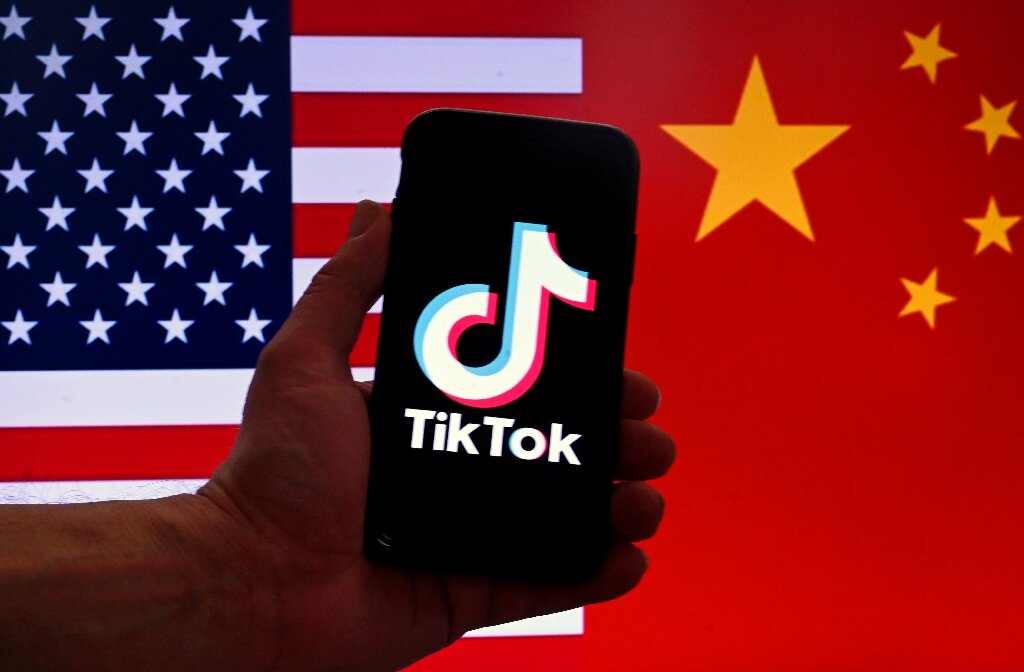TikTok has filed a lawsuit against the state of Montana to stop the implementation of an overall ban on the video-sharing app. The ban, set to start in 2024, has been deemed unconstitutional by TikTok as it violates the right to free speech protected by the constitution.
Montana Governor Supports Ban
Montana Governor Greg Gianforte signed the unprecedented prohibition into law on May 17 to protect Montanans’ personal and private data from the Chinese Communist Party. However, TikTok contends in its lawsuit that the state has enacted these measures based on nothing more than unfounded speculation.
TikTok Users Also File Lawsuit
Five TikTok users have also filed a lawsuit calling for a federal court to overturn Montana’s ban on the app, arguing that it violates their free speech rights. The state is trying to exercise national security power that only the federal government can wield and is violating free speech rights in the process, both suits filed against Montana argue.
Legal Test for National Ban
Montana became the first US state to ban TikTok, with the law set to take effect next year. The prohibition will serve as a legal test for a national ban of the platform, something that lawmakers in Washington are increasingly calling for. The Montana ban makes it a violation each time “a user accesses TikTok, is offered the ability to access TikTok, or is offered the ability to download TikTok”. Each violation is punishable by a $10,000 fine every day it takes place.
Under the law, Apple and Google will have to remove TikTok from their app stores, and companies will face possible daily fines. The prohibition will take effect in 2024 but would be voided if TikTok is acquired by a company incorporated in a country not designated by the United States as a foreign adversary, the law reads.
The cases should move quickly in court, since they center on points of law that don’t require lots of evidence to be gathered. There are very compelling constitutional arguments that favor the plaintiffs. First is free speech, and second is if the ban is justified by national security. That is a matter for the federal government, not any individual state, says University of Richmond law professor Carl Tobias.
The law is the latest skirmish in duels between TikTok and many western governments, with the app already banned on government devices in the United States, Canada, and several countries in Europe. TikTok has denied allegations that it is under the control of the Chinese government and that it is being used as a tool of espionage by Beijing.



Leave a Reply